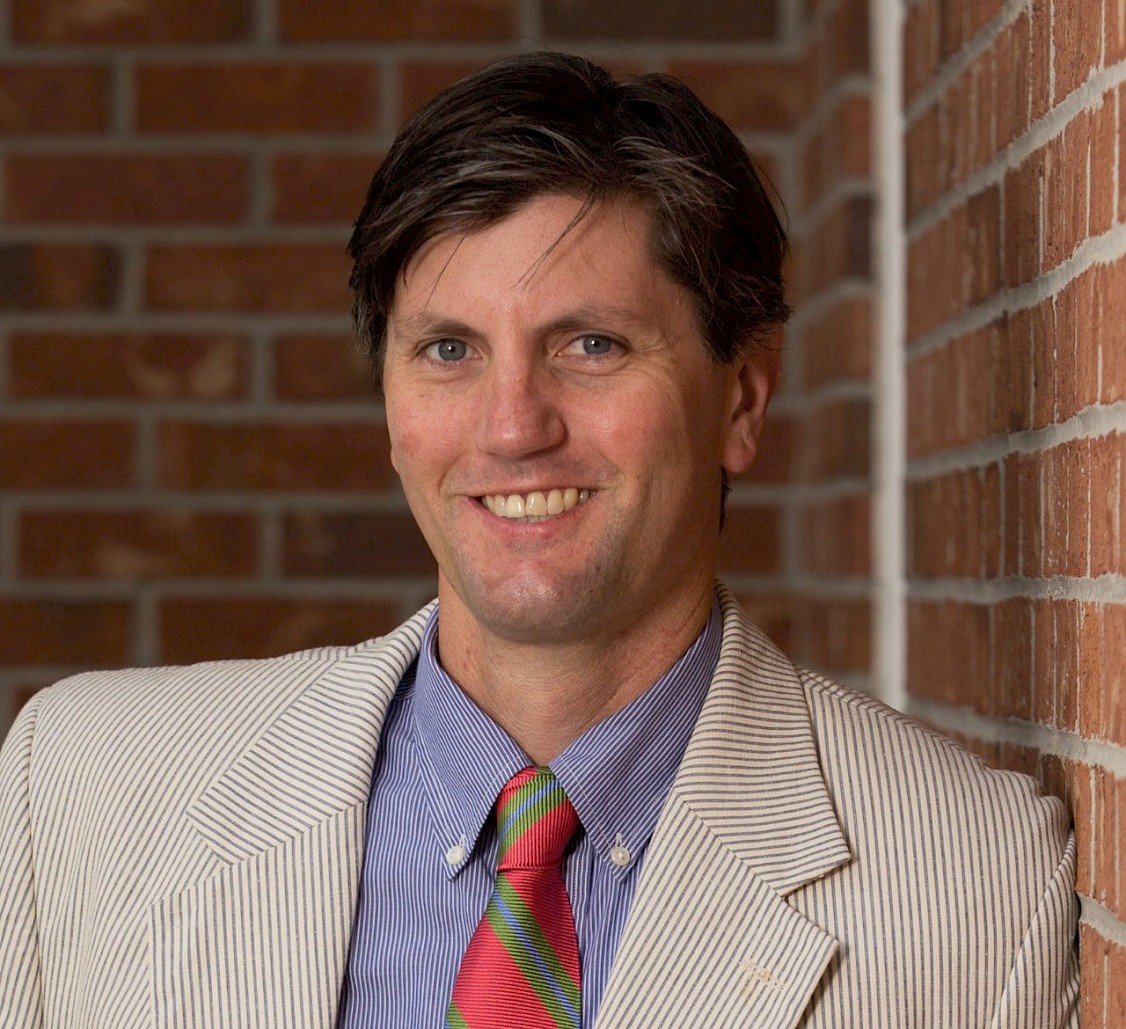https://youtu.be/MHP515d7TpA (403)
On tap this episode, we have the “Clockwork Orange” whiskey sour, the “Dark and Calm-y”, a dash of writing advice, and an author interview and reading of the creative non-fiction short “Dog Tags” by Daniel Cross Turner.
For our Speakeasy members, we have a special treat—a side-car of original work from Daniel Cross Turner! Take a shot of “Working Man” and be sure to scroll to the bottom for all of DCT’s links.
Working Man
For Naton Leslie
The unseasonal frost that spikes the salt air
and thickens the broad brown river,
escorts me back like an armed guard,
to where cold settles like aftertack,
and ice sheets the wind like a coat of mail,
hiding set stars and flyaway stars
in their typical seasons. I hated Albany,
and mostly all that remains of it. Naton
Leslie told us, Most of the smart ones
get away, quoting from Ethan Frome,
when we let on we were Southbound again.
That was ten years ago. Naton’s gone
now, bless him. Cancer seeped through his lungs
to his back, like urethane, stripping him away.
Always unvarnished, he thinned to sticks,
and his one good coat no longer fit.
Put me back in the field, where I belong,
he joked, in his sunken form, he was fit
to scare crows, farm, or sink to earth.
Blunt as the Albany wind, true north:
I’m done with tales. No one left to bluff.
He was the son of a Youngstown worker.
His father wore a greased pompadour,
just like Johnny Cash, had the proportion
of a human fireplug, and the sense of one,
and took his boy along with him to bars
for drinking, if not too much, then too often.
But mainly for raw brawling. From him,
Naton learned mainly not to do the same.
He explained his long habit of cancer sticks:
Why not choose your form of execution?
Pick your own chains, make sure they fit?
He assumed his path was the factory line,
with some time off for poor behavior, in jail.
But he worked himself through university,
and up further even to “College Professor,”
a finer way, he assumed, to turn a wage.
And found that life almost equally restless.
When a box of new readers in Composition
arrived, his blear-eyed peers studied the problem,
while Naton flashed out his pocket knife,
slashed open the box from stern to stem.
It was his tenure year. From then onward,
he noted, no one argued him semantics.
Make yourself useful, if you can.
Naton was more ethics, than semantics,
a rare case for an English department.
A poet who wrote and said what he meant.
He could ply most anything with his hand,
fixing nails to board, words to page.
He fixed up an antebellum house in Ballston
Spa, raised gardens, chickens, stepchildren,
old furniture at auction from the departed.
He even worked spoons into off-kilter song,
a holdover from his Appalachian line.
They lived so far back the crows had to pack
a meal to find it. We talked of Oil City,
how both our grandfathers, maternal,
worked in this self-same Allegheny valley,
his running line, mine in the oil refinery.
Grandad might well have read the short piece
about the lineworker in the Oil City Derrick
who toppled thirty feet down a pole, unhurt.
Naton worked and worked, wrote and wrote,
racing a father’s doubt most of his life.
Tough-minded as he was open-hearted,
he deemed us a pair of garish Romantics.
Scots and French blood forged an internal
Auld Alliance, honoring a separate peace
to bring true things to renewal, if not rest.
The Clan Leslie motto was Grip Fast
even especially to what you know won’t last.
At the end, he’d send offprints with his notes
to warn me, poems and stories strung
around him like chains, not to do the same.
Attend to love, my friend. It’s work enough.
Daniel Cross Turner, “Working Man.” The James Dickey Review 36 (2020): 94-96.
Edited by Mark A. Roberts.
Bio:
Daniel Cross Turner: Daniel Cross Turner’s creative writing has been published by Birmingham Poetry Review, Five Points, James Dickey Review, Literary Matters, Talking River, and Hub City Press, among other venues. In addition to dozens of critical essays, he has published three books: a scholarly monograph on contemporary Southern poetry, Southern Crossings: Poetry, Memory, and the Transcultural South; an anthology of Southern poetry, Hard Lines: Rough South Poetry; and an essay collection on the Southern Gothic, Undead Souths: The Gothic and Beyond in Southern Literature and Culture.
He earned his doctorate at Vanderbilt, and has published several interviews with contemporary writers, including Rebecca Gayle Howell, Patrick Phillips, Yusef Komunyakaa, Natasha Trethewey, Daniel Wallace, and Charles Wright. He serves as Head of Outreach & Programming for the Georgetown County Library and as Vice-Chair for the South Carolina Academy of Authors.

Links:
DCT Facebook Author Page: https://www.facebook.com/profile.php?id=100092688999198
DCT Academia Page: https://independent.academia.edu/DanielCrossTurner
DCT Amazon Author Page: https://www.amazon.com/stores/author/B007CRHBC4/about
DCT on Literary Matters: https://www.literarymatters.org/author/daniel-cross-turner/
Daniel Cross Turner interviews with writers on storySouth:
·Oblivion’s Glow: The (Post)Southern Sides of Charles Wright (Issue 16: Summer 2005)
·Interview with Jason Ockert (Issue 41: Spring 2016)
·All Flow: An Interview with Amy Wright and William Wright (Issue 42: Fall 2016)
·The Magical Work of Fiction: An Interview with Daniel Wallace (Issue 27: Spring 2009)
·Inletting: An Interview with Hastings Hensel (Issue 41: Spring 2016)
·This Strangest of All Strange Things: An Interview with Patrick Phillips (Issue 39: Spring 2015)
Interested in being a guest? Have a great cocktail recipe and story to share? Fantastic! Contact WRH using the contact form on this site or at contact@williamrhincy.com. We’re currently booking for special episodes and season 2.
Brought to you by Whiskey-Winged Lit
Fiction for the modern reader. Life is the accumulation of scars—tell the stories!
Here we go!


